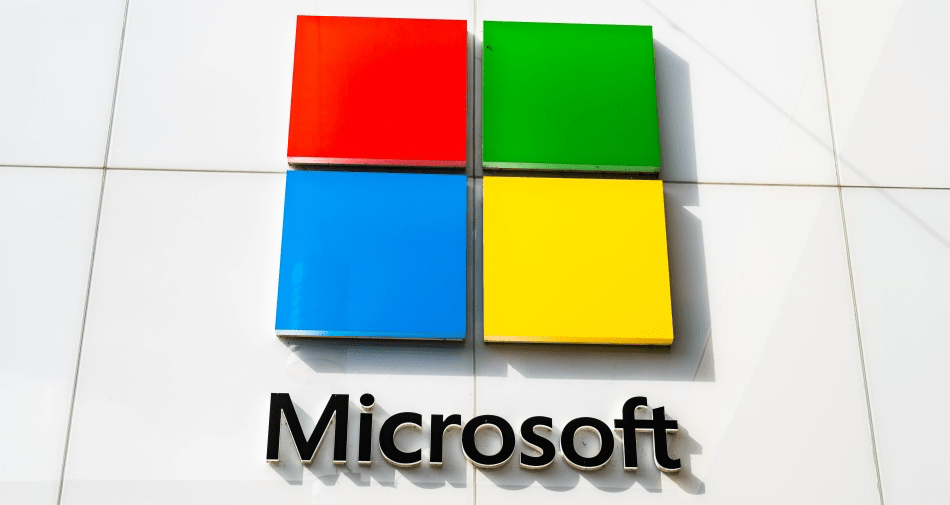
Microsoft has announced the deprecation and eventual removal of the Location History feature in Windows, which allowed applications, including Cortana, to access 24 hours of stored device location data.
This change, set to take effect this month, will remove the corresponding settings from the Privacy & Security > Location page in Windows Settings, and location data will no longer be saved locally on the device.
The deprecation specifically impacts the Windows.Devices.Geolocation API, particularly the Geolocator.GetGeopositionHistoryAsync method. This method enabled apps to retrieve a list of past device locations collected within the last 24 hours. Microsoft has marked the API as deprecated across all overloads, warning that it may not be available in future versions of Windows. Additionally, access to the API was already restricted, requiring special provisioning from Microsoft for apps to use it.
How Location History worked
The GetGeopositionHistoryAsync method allowed apps to retrieve previously collected location points rather than fetching live coordinates. The method operated asynchronously, returning a list of positions recorded over a specified period, up to a maximum of 3,600 location points stored for a 24-hour duration. Microsoft notes that location history was only populated when an application or service actively requested the device's location—no more than once per second—ensuring that the device did not passively track movement in the background.

CyberInsider
By deprecating this feature, Microsoft is effectively discontinuing local storage of location history on Windows devices. The company has not explicitly stated its reasoning, but the decision aligns with broader industry trends toward privacy-focused changes, minimizing persistent location tracking and reducing potential exposure of sensitive user data.
Deprecation implications
For developers, this deprecation means that apps relying on GetGeopositionHistoryAsync will no longer be able to retrieve past location data once the change is implemented. Any existing applications using this API must transition to alternative methods, such as querying real-time location data without relying on stored history.
For Windows users, this change enhances privacy protections by ensuring that their location data is not retained on the device beyond immediate usage. However, it also means that location-dependent apps and services may lose some functionality, particularly those that rely on historical data for geolocation-based recommendations, activity tracking, or automation.
Developers are advised to review applications that use Windows.Devices.Geolocation API and migrate away from GetGeopositionHistoryAsync. Consider alternative approaches, such as storing location data within the app (with user consent) or relying on real-time geolocation services.
Users can expect changes in how location-dependent apps function, particularly those that previously provided insights based on past movements. Review privacy settings in Windows Settings > Privacy & Security > Location to understand how apps are using real-time location data.







No news on how the latest patch KB5051987 breaks File Explorer?